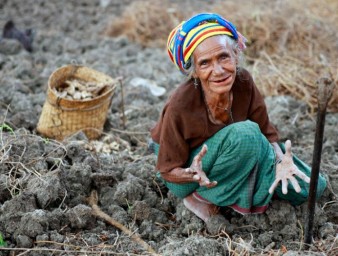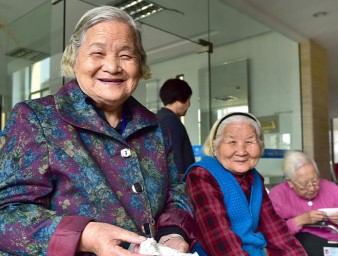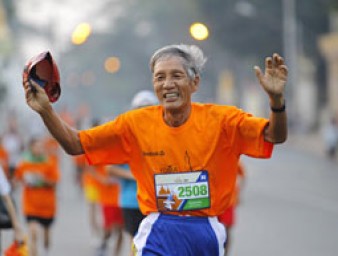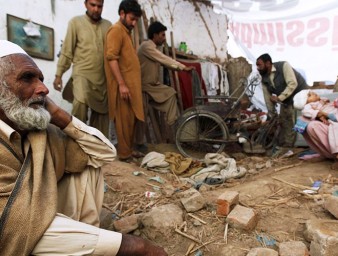Expert: “flagrant” lack of data on older persons impacts their human rights
01 October 2020
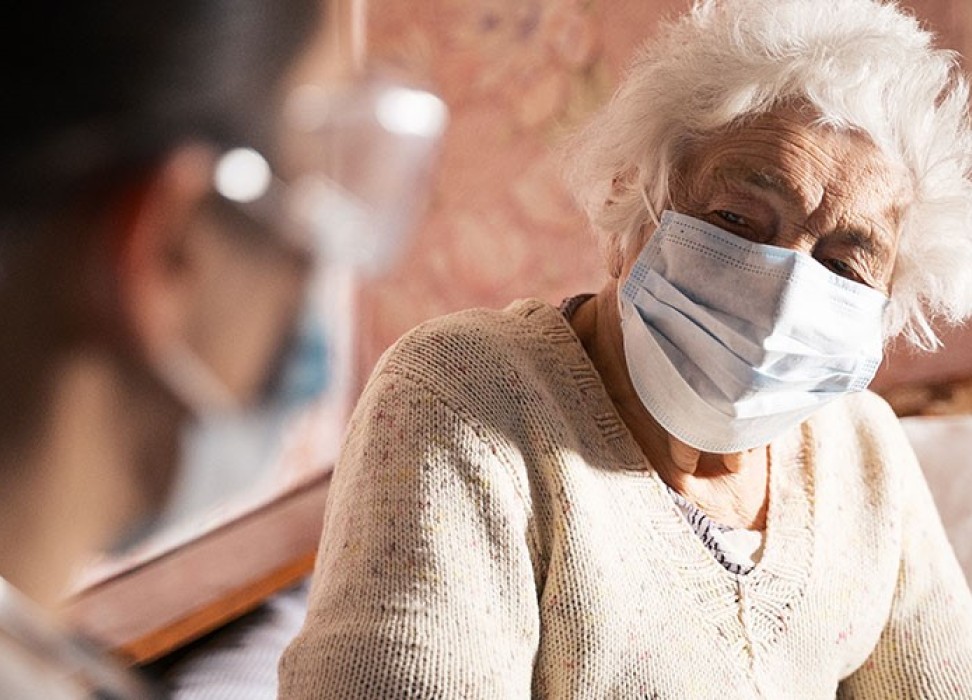
A lack of data and its impact on the human rights of older persons is the focus of a new report presented to the Human Rights Council.
The report was presented by the UN Independent Expert on the enjoyment of all human rights by older persons, Claudia Mahler.
Addressing the Council, Mahler said that the COVID-19 pandemic has not only had a disproportionate impact on older persons, it has magnified existing violations of their rights.
It has also exposed the “flagrant lack of data on older persons.”
In most countries, observed Mahler, information about the lived realities of older persons is at best fragmented, at worst, non-existent. Inadequate data collection methodologies and approaches are causing this issue, and the lack of data means that inequalities faced by older persons frequently remain invisible.
“The exclusion of older persons from surveys and national censuses affects the ability to understand the extent to which they are able to participate in society and enjoy their human rights on an equal basis with others,” said Mahler.
Gaps in areas such as care, age discrimination and poverty remain key concerns. For example, demographic and health surveys typically exclude women aged 50 and over and men aged 55 or 60 and over from their remit.
For Mahler, this essentially renders them invisible.
Policymakers taking decisions in the dark
The report highlights that without meaningful and reliable data, decision makers face critical difficulties in defining informed and successful public policy that is inclusive of the needs of older persons.
According to Mahler, data “fosters essential knowledge about the needs of older persons” and enables policymakers to identify gaps and therefore to improve their approach and measures.
In addition to data’s necessity for policy, the report details that data also contributes to awareness, to the empowerment of older persons, and to the structural and systematic ways in which older persons are left behind.
Data is needed “to change perceptions of later life, especially for it to be more than an inevitable stage of deficit and decline,” continued Mahler.
The way forward: improved and disaggregated data
The report calls for an immediate improvement of data collection methodologies related to older persons, with clear standards and reporting requirements.
To ensure data is collected using a human rights-based approach, it must be disaggregated, according to the report. Disaggregation by age and other critical sociodemographic variables such as gender, living arrangements, education, employment and income, means that data can be properly analysed and compared with other population groups.
Further, age cohorts need to reflect the diversity of the older population, accounting for the fact that older and very old persons have very different needs, capacities and priorities for their lives.
Mahler is also urging that older persons actively participate at all stages of the data collection, analysis, use and reporting, including in the development of surveys. She notes there is increasing evidence of how citizen-generated data can help shed light on the situation of marginalised groups, thereby filling in data gaps and driving policy change.
However, while acknowledging that the digital data revolution creates “unprecedented possibilities” to address the data gap on older persons, Mahler stressed that data must be exclusively used for the purpose that older persons have consented to, with full respect for privacy and for human rights standards.
“The data gap is yet another manifestation of the invisibility of older persons,” said Mahler. The report’s call – for a “fundamental conceptual shift in method and process” – can go a long way to give older persons a voice, she concluded.
1 October 2020

